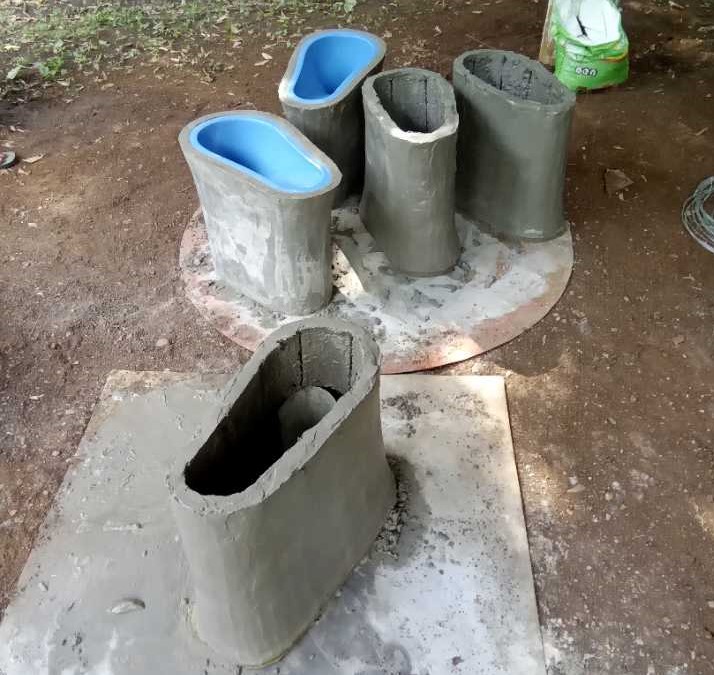THE work on the demonstration and installation of Sato Pan toilets across communities in South Vela, Western Province, is progressing smoothly, says Patrick Olapitu, Project Officer for the National Sanitation Sustainability Plan (NSSP) phase two program in South Vela.
The National Sanitation Sustainability Plan (NSSP) phase two program was implemented by ADRA Solomon Islands across Vela, Rannogah, and Kolobangara Islands in the Western Province.
This project was funded by the Australian Department of Foreign Affairs and Trade (DFAT) through the United Nations Children’s Fund (UNICEF) and aimed to bolster sustainable sanitation service delivery at both provincial and national levels while fostering improved hygiene practices within communities.
Mr. Olapitu has confirmed that significant progress is being made in demonstrating the installation of Sato Pan toilets in several villages in South Vela.

The Sato pan toilets, utilizing mechanical and water seals, effectively seal off pit latrines from the open air, thereby reducing disease transmission from flying insects that come into contact with human waste.
Moreover, it addresses the artistic and olfactory issues associated with open pit latrines while conserving water usage for flushing.
“We are currently engaged in demonstrating the installation of Sato Pan Toilets in Bunaporo, a village near the Vonunu area’’
‘’In recent weeks, we’ve conducted similar demonstrations in Joroveto, Maravari, and Kuava communities and done so successfully,” Mr. Olapitu reported.
He further added that following these demonstrations, communities have commenced the construction of their toilets.
“The necessary approvals of No Open Defecation for these communities are expected to be secured in the coming months.”
“Hopefully, by the end of May or June, some of the communities in South Vela will have obtained No Open Defecation, the ADRA Vela Project Officer said.
ADRA Vela is actively collaborating with approximately 26 communities in South Vela to implement the sanitation program, ensuring widespread impact and sustainability in promoting better sanitation practices.
SOURCE: ADRA Press Release




